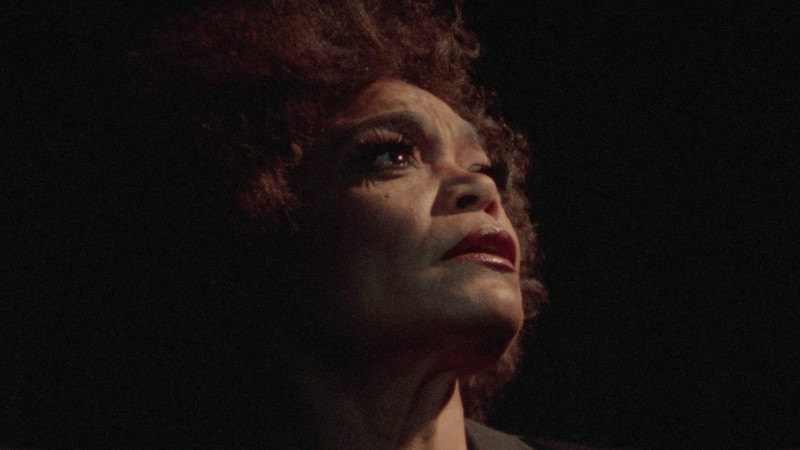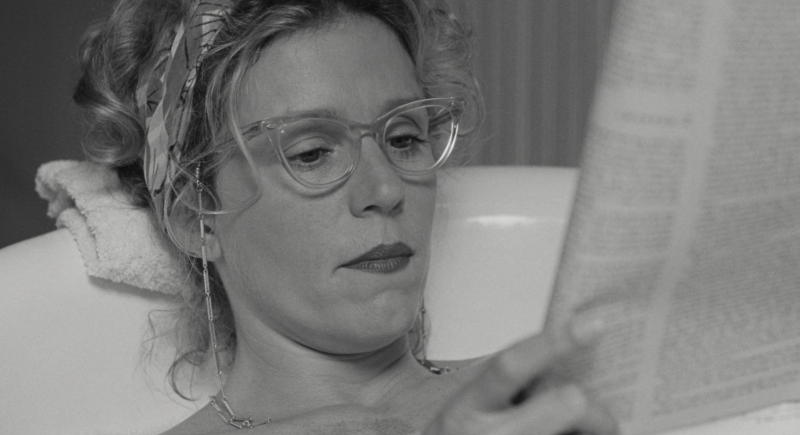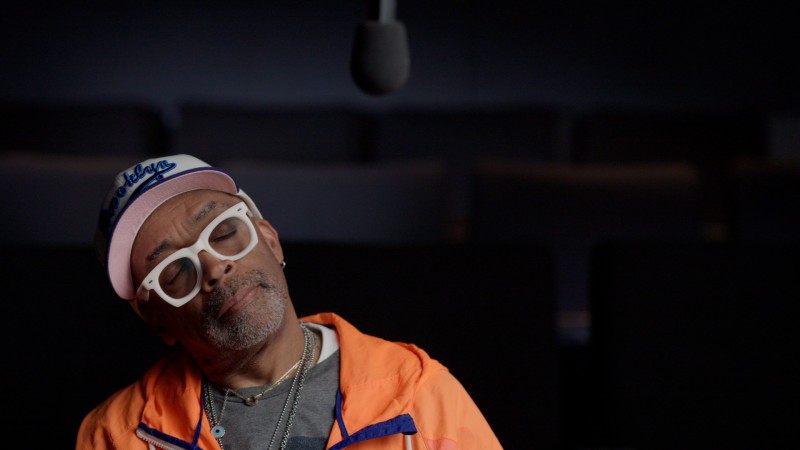Mad Man: Lou Castel in Fists in the Pocket

Fists in the Pocket, a gasp-inducing, mouth-frothing, black-comic attack on bourgeois values, is remembered first and foremost as a shocking debut from director Marco Bellocchio. But it gave its star, Lou Castel, a memorable entrance of his own: he literally falls into frame from above. He has leapt from a tree, and he establishes, in just one second of screen time, his antihero Alessandro’s physicality, unpredictability, and primitiveness. And he’ll go on to add a few more characteristics to that list—spitefulness, neuroticism, rage, haughtiness, and murderousness, to name just a few.
Castel’s is one of those performances that not only enhances a film but defines it. The tale of a decrepit formerly wealthy family in Northern Italy—whose mother is ill and blind and whose four siblings are little more than squabbling adult infants unable to assimilate into the outside world—is dominated by Castel, whose Alessandro is the clan’s rampaging id. Obsessed with his beautiful sister, Giulia (Paola Pitagora), and resentful of his handsome, comparatively functional brother Augusto (Marino Masé), Alessandro occupies the lowest spot on the domestic totem pole, subordinate even to the fourth sibling, the barely verbal Leone (Pierluigi Troglio), who at least has no expectations to live up to. Epileptic, sexually frustrated, and with no prospects other than a bizarre desire to raise chinchillas, Alessandro acts out in increasingly violent ways, and Fists in the Pocket charts his single-minded pursuit to literally destroy (and liberate himself from) what’s left of his family.
The role required an actor who could embody Alessandro’s extreme and vile behavior without making the audience turn away from the screen. Initially, Bellocchio and his producers wanted to cast the young pop singer Gianni Morandi in the part, as a shortcut to creating identification with the character, but Morandi’s agents (and family, the story goes) advised him against starring in something so potentially explosive. Ultimately, an unknown was cast. Born Ulv Quarzéll to Irish-Swedish parents in Bogotá, Colombia, Castel had recently moved to Italy. He had never acted in a major role; he wasn’t even entirely convinced he wanted to pursue acting as a vocation. Yet his audition clinched it for Bellocchio—there was so much dramatic tension in the script that, while Castel was reading his lines, he couldn’t control his fits of laughter.
Such irrepressiblity became a signature trait of Alessandro’s; many of his scenes, even and especially those comprising somber conversations, are punctuated by his braying. His performance is one of exquisite coil and release. He’s a monster, but a delicate one, with an arsenal of hypnotic gestures. He both lumbers and, in moments of balletic grace, glides around the family’s cavernous mausoleum of a house. He huffs, puffs, and hisses; rolls around like a cat in heat; variously plays footsie with his sister under the table and slaps her across the face during family meals (the dinner-table scenes are portraits of domesticity every bit as perverse as those in The Texas Chainsaw Massacre); viciously taunts his blind mother and then, at her funeral, casually puts his feet up on her coffin.
With his intense, feline gaze and profoundly internal performance, Castel makes all this bizarre behavior seem like the natural effusions of a tormented mind rather than a screenplay’s contrivances. One reason may be that he improvised so many of Alessandro’s gestural mannerisms, notably in the film’s famous climax, when Alessandro combusts before our eyes in a spasm of epic proportions set to the “Sempre Libera” aria from Verdi’s La traviata. Twitching like a fish out of water, Castel completely lets himself go (“I had some whiskey, of course,” he admitted in a 2005 interview), and the result is gorgeous, terrifying, operatic lunacy.
The director Bernardo Bertolucci once said that Castel in this film reminded him of “a young Marlon Brando . . . always ready to explode.” The following scene—in which Alessandro amuses himself by making up hideously violent headlines (including a story about matricide) while reading the newspaper aloud to his mother—perfectly illustrates the aptness of Bertolucci’s comparison: Castel’s performance has a Brando-esque lazy yet aggressive physicality and suggestion of a kind of internal scream that brings the character most vividly to life.




